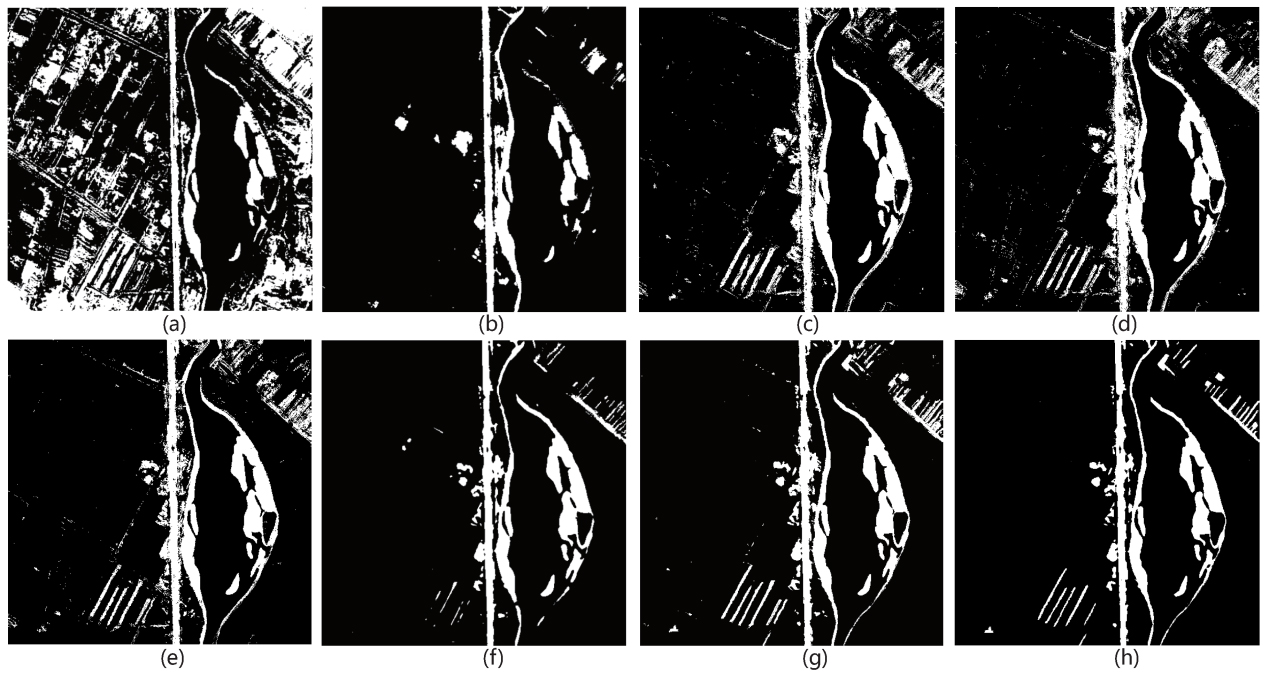Change detection is one of the most important applications in the remote sensing domain. More and more attention is focused on deep neural network based change detection methods. However, many deep neural networks based methods did not take both the spectral and spatial information into account. Moreover, the underlying information of fused features is not fully explored. To address the above-mentioned problems, Xiaoqiang Lu’s research team proposed a Spectral-Spatial Joint Learning Network (SSJLN). SSJLN contains three parts: spectral-spatial joint representation, feature fusion, and discrimination learning. First, the spectral-spatial joint representation is extracted from the network similar to the Siamese CNN (S-CNN). Second, the above-extracted features are fused to represent the difference information that proves to be effective for the change detection task. Third, the discrimination learning is presented to explore the underlying information of obtained fused features to better represent the discrimination. Moreover, they present a new loss function that considers both the losses of the spectral-spatial joint representation procedure and the discrimination learning procedure. The effectiveness of our proposed SSJLN is verified on four real data sets. Extensive experimental results show that our proposed SSJLN can outperform the other state-of-the-art change detection methods.

(Original research article "Remote Sensing Vol. 11, Issue 3, 240 (2019) https://www.mdpi.com/2072-4292/11/3/240")
Download: